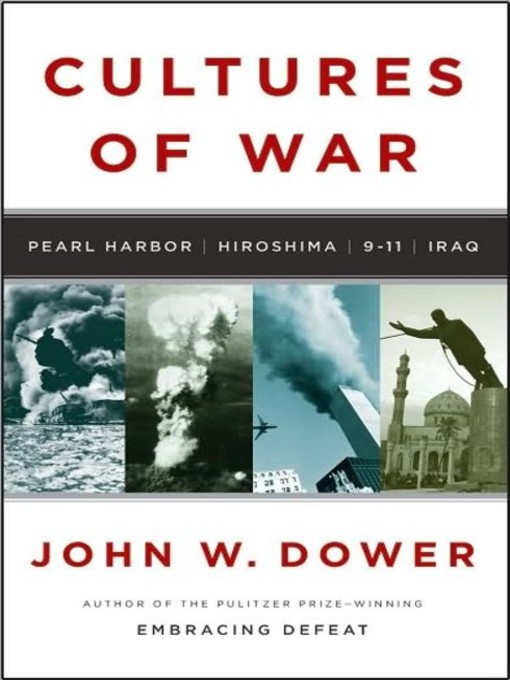
Cultures of War
Pearl Harbor / Hiroshima / 9-11 / Iraq
فرمت کتاب
audiobook
تاریخ انتشار
2010
نویسنده
Kevin Foleyناشر
Tantor Media, Inc.شابک
9781400189588
کتاب های مرتبط
- اطلاعات
- نقد و بررسی
- دیدگاه کاربران
نقد و بررسی

Dower provides a scholarly but lively--and sometimes acerbic--examination of governments (and others) making war by choice and using force to try to cow an enemy, examining Pearl Harbor, WWII terror bombing, Hiroshima, 9/11, and the U.S. invasion of Iraq. Kevin Foley's voice is strong but not particularly personable, though his reading is precise and well paced and his inflections make meanings clear. The result is a flat voice that occasionally and unexpectedly achieves emotional expressiveness. But over the long haul--and the book is long--repetitiveness in his modulations gives the impression of droning on. Relatively few, but prominent, mispronunciations are jarring. While this is not a poor reading, this important book deserves better. W.M. (c) AudioFile 2010, Portland, Maine

Starred review from October 11, 2010
In this fascinating study, Pulitzer prize-wining historian Dower (Embracing Defeat) draws parallels between the illusion-ridden Japanese top leadership prior to December 7, 1941 and the fecklessness and over-confidence of the Bush Administration after September 11, 2001. The author compares the post-war occupations as well, stating that “Wishful thinking trumped rational analysis in Tokyo in 1941 and Washington in the run-up to war with Iraq.” Exploring “the similar rationales and rhetoric of Japan's war of choice in 1941 and America's in 2003,” he looks at the way in which emotion-laden terms like “Pearl Harbor” and “ground zero” have been co-opted for the War against Terror. And similarly mistaken, in Dower's view, were the beliefs of both commands in the efficacy of bombings targeting civilian populations. Equally telling is his comparison between the occupation of Japan (and to a lesser extent, Germany) and the occupation of Iraq. After Japan's surrender, the U.S. military formulated a set of pre-determined goals based upon New Deal principles that laid the groundwork for Japan's extraordinary economic recovery. In Dower's view, the U.S. not only abdicated responsibility for the Iraqi occupation, but ignored the potential of the sectarian divisions that have erupted there.

























دیدگاه کاربران